Violence in northern Mozambique forces thousands to flee, straining aid efforts - UN News
Mozambique: Dozens riot in Pemba over alleged FDS abuse
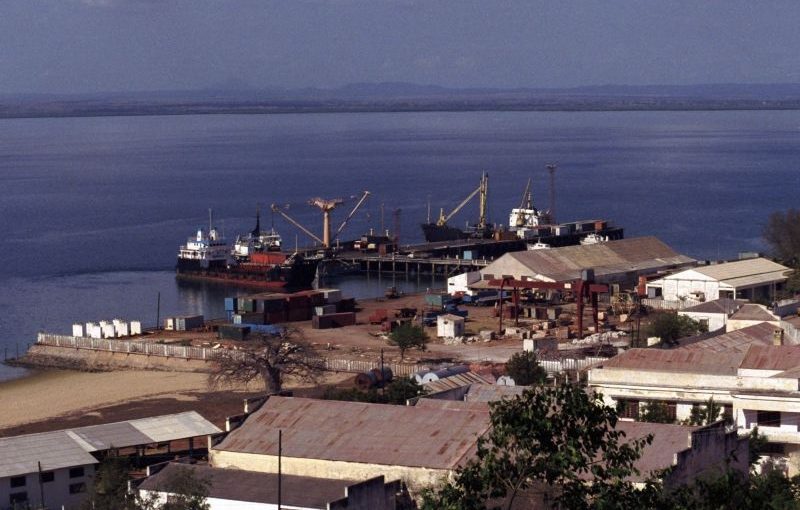
File photo: Lusa
The disturbances started around 8:30 p.m. on Tuesday after police conducted an operation in the Paquitequete neighbourhood in Cabo Delgado’s provincial capital.
“They found us sitting in front of the house, so when they arrived, we went inside. They broke into my house and tried to force me outside. I refused, and they dragged me out, but people started screaming and throwing stones at them,” a young man taken to the police station for a few hours after the riots explained to Lusa.
Protesters set up barricades on the roads, burned tires and threw objects, including ‘Molotov cocktails’, at the police, who responded by firing live rounds into the air and using tear gas to disperse the population.
The riot lasted about an hour and a half, with police pursuing the riot leaders, according to sources.
“The military are here to defend us, not kill us,” the leader of one of the neighbourhood blocks told Lusa.
It was in the same Paquitequete neighbourhood that police last week beat a citizen and held a journalist for hours following another operation.
The violence was witnessed by the detained journalist and filmed by members of the public, generating a wave of criticism, mainly on social networks, from non-governmental organizations and other people.
The Paquitequete neighbourhood, located in the coastal area of Pemba, is home to many people displaced by the armed violence in Cabo Delgado, as well as being the home of fishermen who sometimes frequent the coast of the province’s northern districts where armed attacks have occurred.
Lusa tried to obtain clarification from authorities in Cabo Delgado, but without success.
Cabo Delgado, where natural gas mega-projects are rolling out, has been subject to attacks by armed groups classified as a terrorist threat which have killed at least 400 people since October 2017.
The government counts 162,000 people as affected by armed violence in that province, 40,000 of whom are displaced from high-risk areas mostly further north in the province and are now receiving humanitarian assistance in the city of Pemba, the provincial capital.
At the end of March, the towns of Mocímboa and Quissanga were invaded by a group which destroyed infrastructure and hoisted their flag over a Defence and Security Forces barracks.
A video distributed on the Internet at the time shows an alleged ‘jihadist’ saying the attacks were aimed at imposing Islamic law in the region. This was the first message released by the authors of the attacks, which started two-and-a-half years ago.


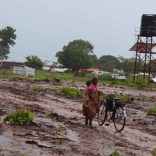
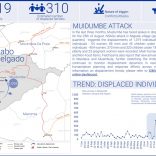
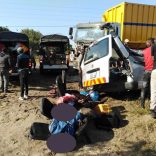
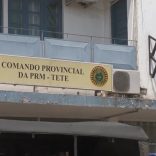
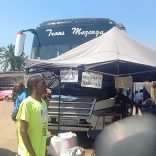
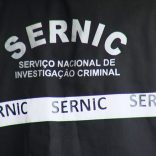




Leave a Reply
Be the First to Comment!
You must be logged in to post a comment.
You must be logged in to post a comment.